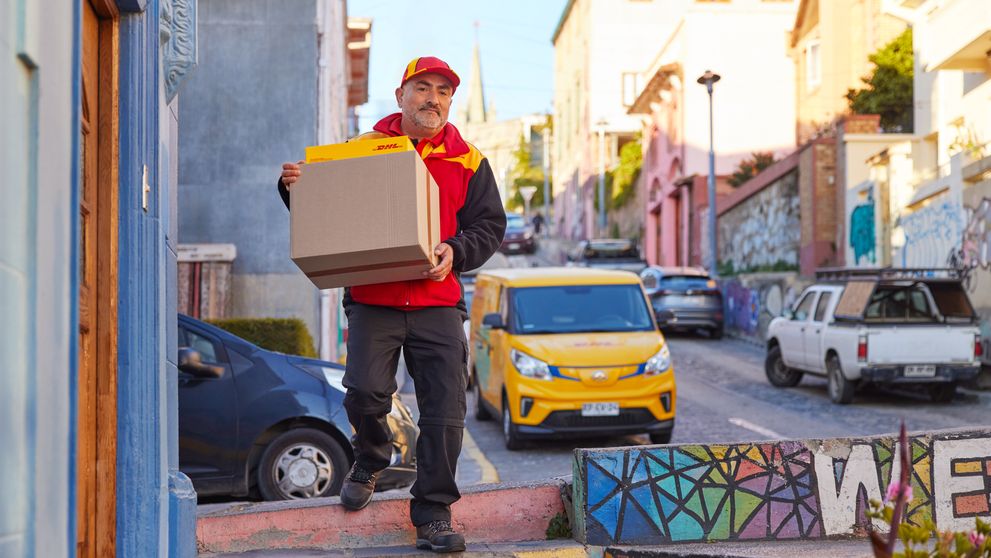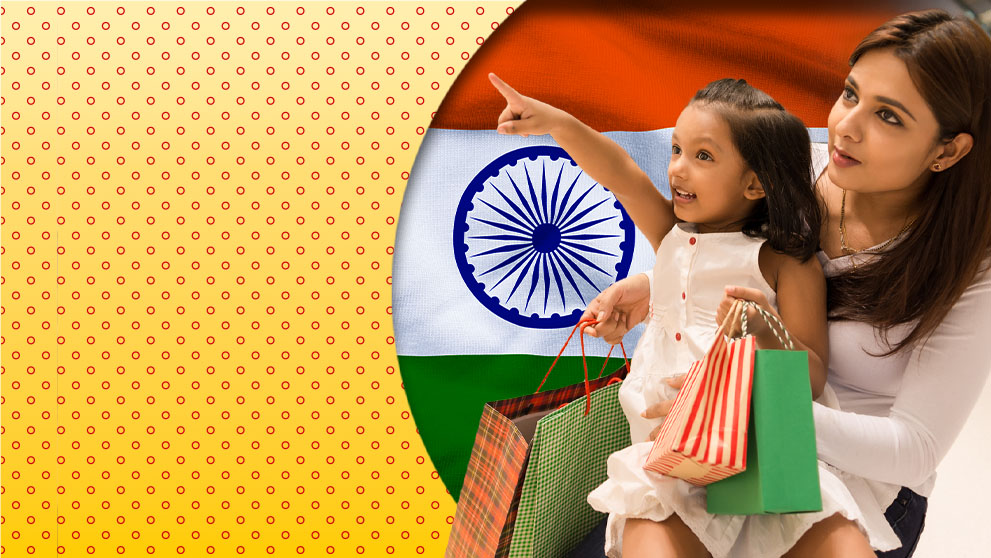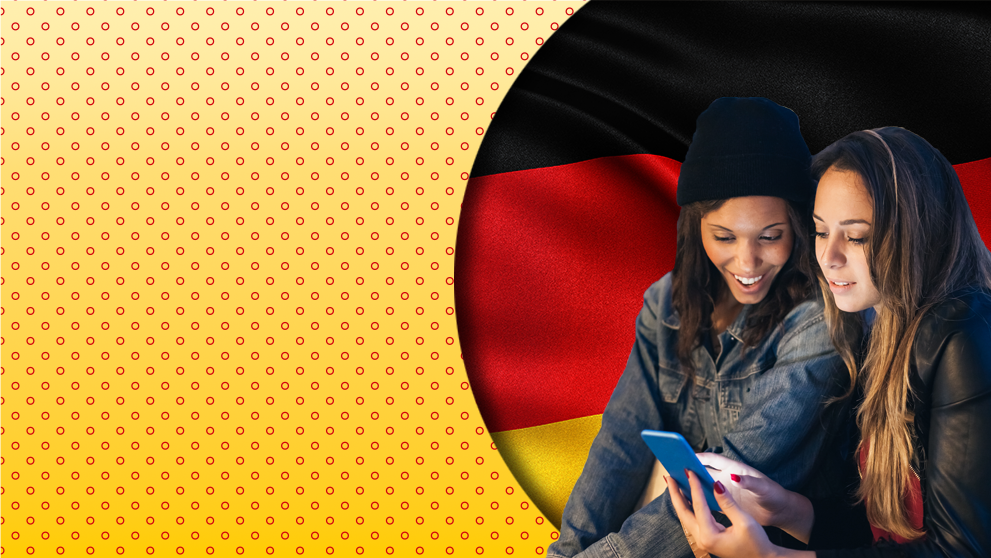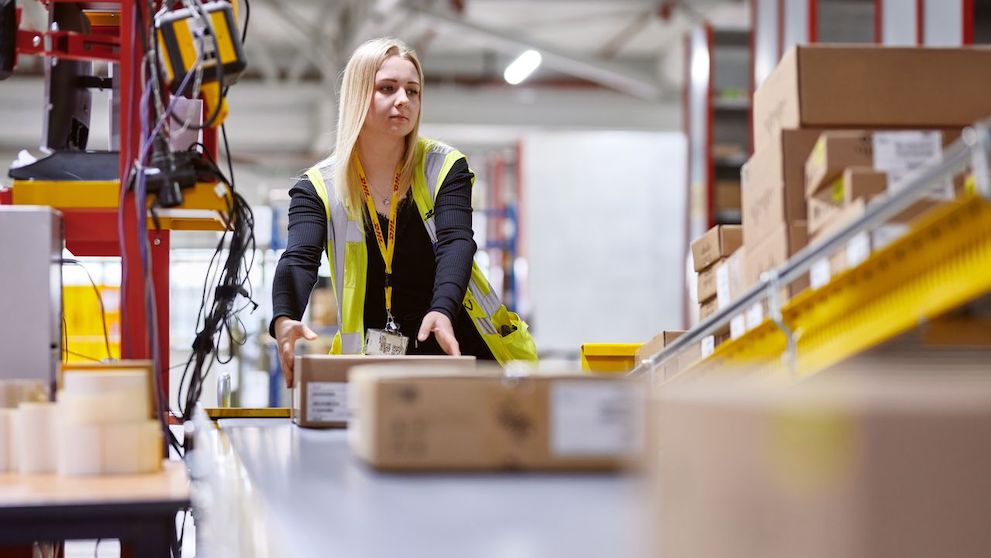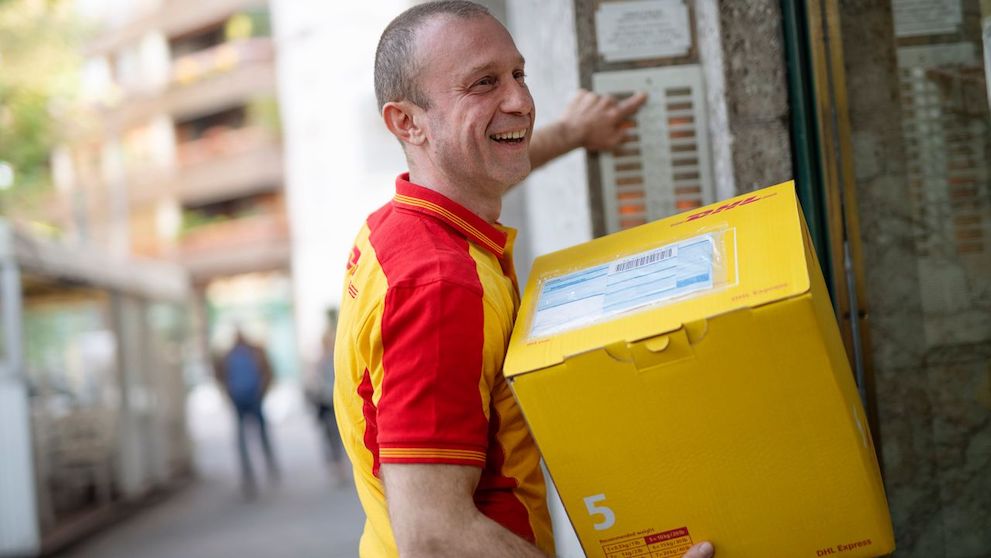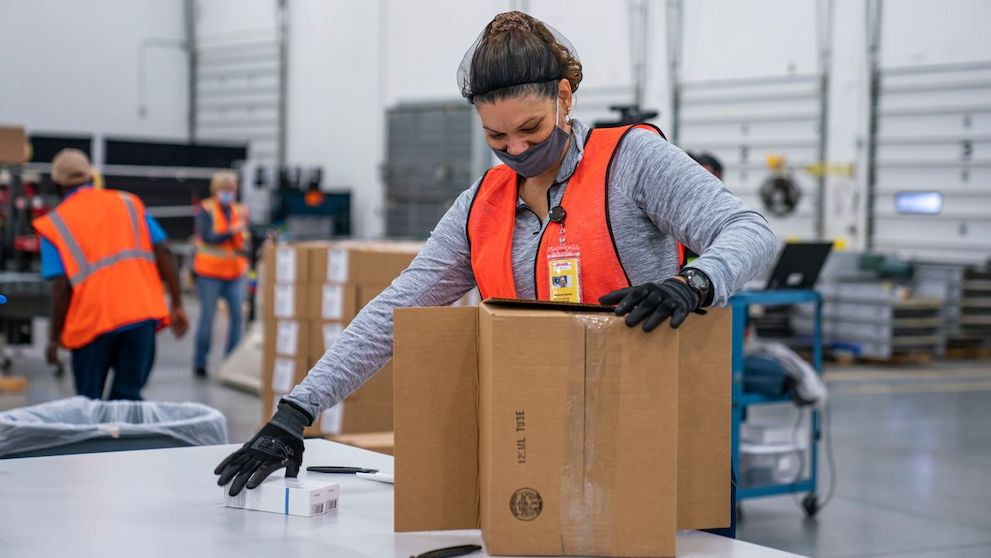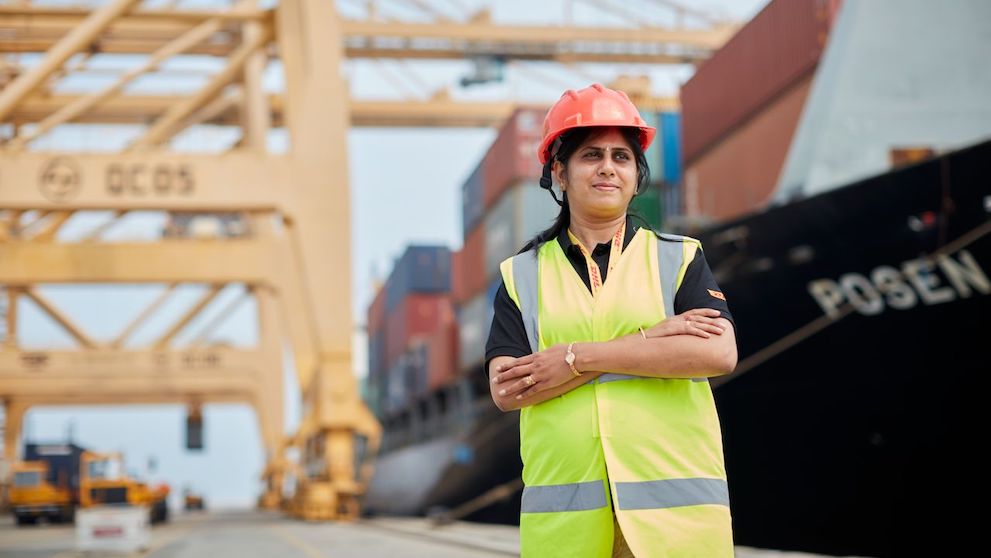
India is one of the fastest-growing economies with great ambition to become a leading economic power globally. While there’s still some way to go, the country is already reaping the fruits of their robust government policies and strong partnerships. Such conditions provide an excellent opportunity for Hong Kong e-commerce businesses.
As one of India's major trade partners, Hong Kong's e-commerce industry may become one of the biggest beneficiaries of the country's economic surge. Hong Kong’s total export value to India rose from HK$154,778 million in 2020 to HK$214,471 million in 2021. Some major exports from the region to India include machinery, optical and medical instruments. Businesses in Hong Kong looking for cross border opportunities to increase their market share.
India is one of Hong Kong's top trade partners
With exports to India climbing by 36% as the aforementioned source from Hong Kong’s Census and Statistic Department indicates, it’s clear that India remains a profitable market.
Based on the most recent Henley Global Citizens Report, the percentage of millionaires and billionaires will increase by 80% in India as compared to only 20% in the US, and 10% in France, Germany, Italy, and the UK. Hence, there will be a greater demand for such high-quality products in India.
India is also a populous country, with 1.38 billion people residing in this South Asian subcontinent. It is also the world’s third largest economy in terms of purchasing power parity. For these reasons, India makes for an attractive destination for Hong Kong's e-commerce businesses looking to expand their trade.
Trade policies between India and Hong Kong
India's trade regulations are outlined in the country's Domestic Trade Policy and Foreign Trade Policy. While there's an increased focus on self-reliance, India has several regional trade agreements (RTAs) and preferential trade agreements (PTAs). In 2018, Hong Kong and India signed the Hong Kong-India Double Tax Avoidance Agreement (DTAA) to facilitate trade and investment flow between the two markets. This incentivises Hong Kong companies to consider India as a viable market in which to sell their goods and services to.
What are the trade regulations in India?
The leading authority responsible for enforcing India trade regulations and customs laws is the Central Board of Indirect Taxes and Customs (CBIC). It imposes import duties (Basic Customs Duty and other) and tariffs (preferential and non-preferential), and non-tariff barriers. The latter include licensing, labelling, packaging, sanitary and phytosanitary requirements.
Typically, the import policy of India does not require a licence or authorisation unless the traded goods are restricted. However, imports of certain goods may require a certificate of origin. Some products like meat and poultry are subject to labelling and packaging under the Food Safety and Standards Act (2006). Above all, an increasing number of products must adhere to Indian quality requirements. Importers of the relevant goods must obtain a Bureau of Indian Standards (BIS) licence.
Understanding India’s import policies
In 2021, India introduced its new international trade policy as part of its strategy to drive economic growth while facilitating trade. Some newly-introduced policies cover WTO-compliant tax incentives, easy credit access for MSMEs, tax breaks, digitisation and e-commerce.
In addition, India requires shipments moving to and from the country to be accompanied by KYC (Know Your Customer) documents. Without these, clearance can be delayed. In the context for B2C shipments, Hong Kong businesses shipping goods to residents in India will need to provide the following KYC documents:
- Identification: Aadhar Card / PAN Card / Voter ID / Passport
- Address verification: Bank Account Statement / Electricity Bill / Employee ID / Hotel Booking Receipt / LPG Connection Receipt / Rent Agreement
You may visit this informative website for more information about KYC documents required for shipments to India.
How export businesses can leverage DHL Express’ expertise in cross-border trade
As the post-COVID-19 prospects look promising for India, there's an increasing interest in cross-border trading. However, many e-commerce SMEs in Hong Kong do not have the same resources as large enterprises. When it comes to logistics solutions, such companies stand to benefit from a partnership with a third party logistics company. DHL Express provides logistics support when you export goods to India. The global delivery service provider offers its partners top-quality international logistics. We offer several delivery service options, end-to-end tracking visibility and value-added services to facilitate custom clearance. In addition, we can support you with customs-related issues – a dedicated Account Manager and 24/7 customer service hotline means you can rely on us to solve any complex issues you encounter in logistics.
Sign up for a DHL Express account today to leverage our expertise and ensure successful cross-border trade.

